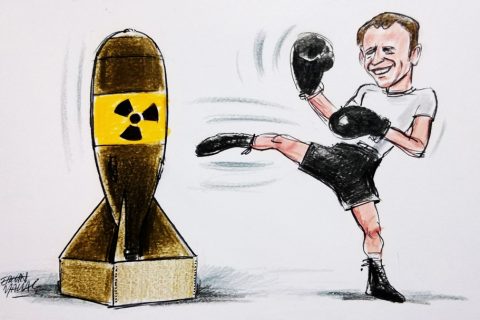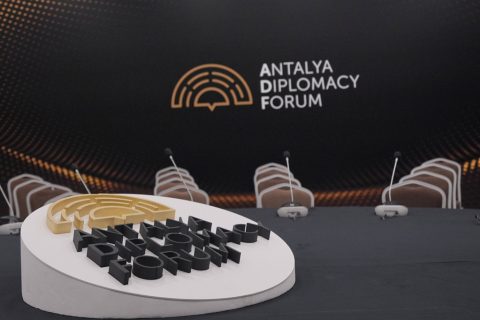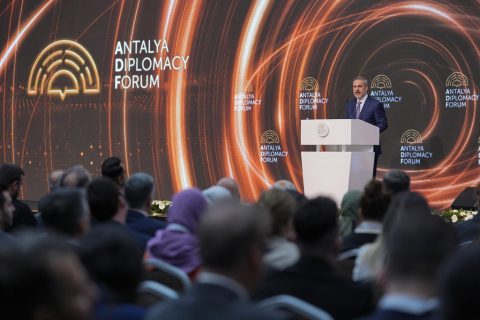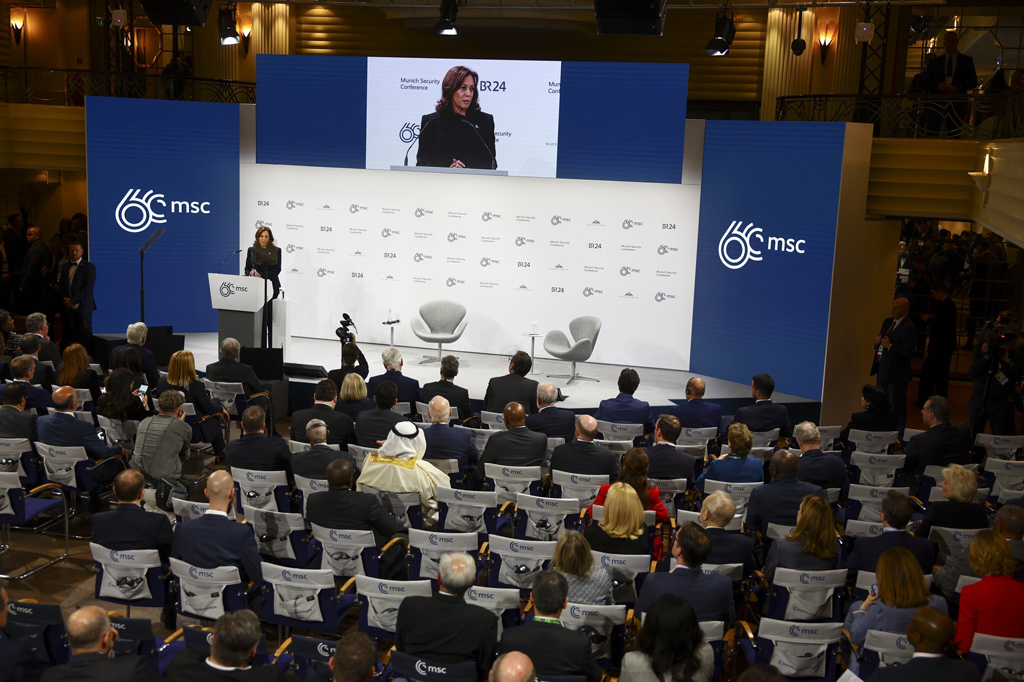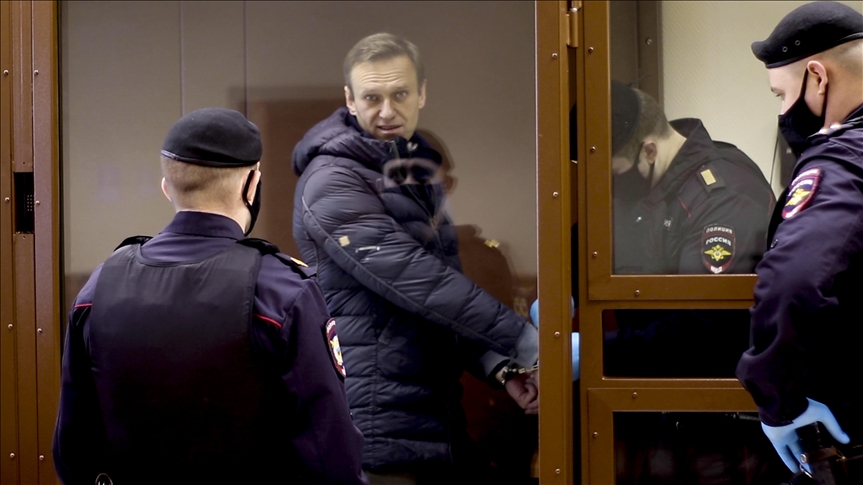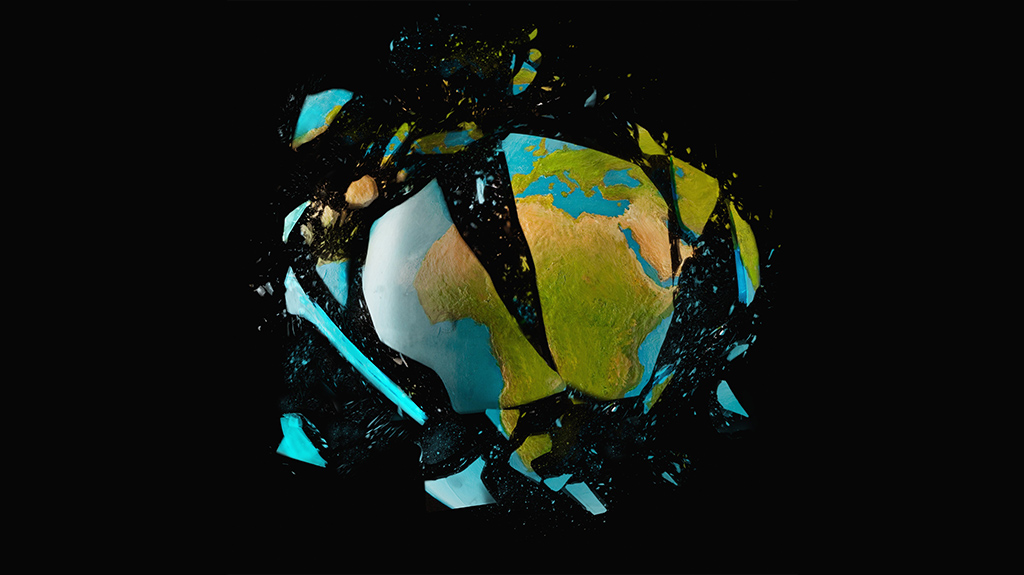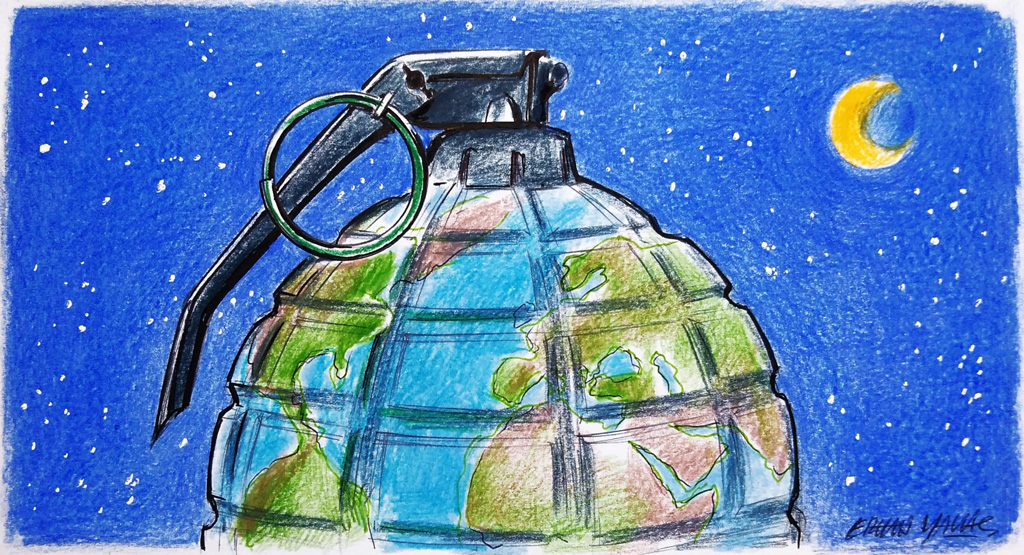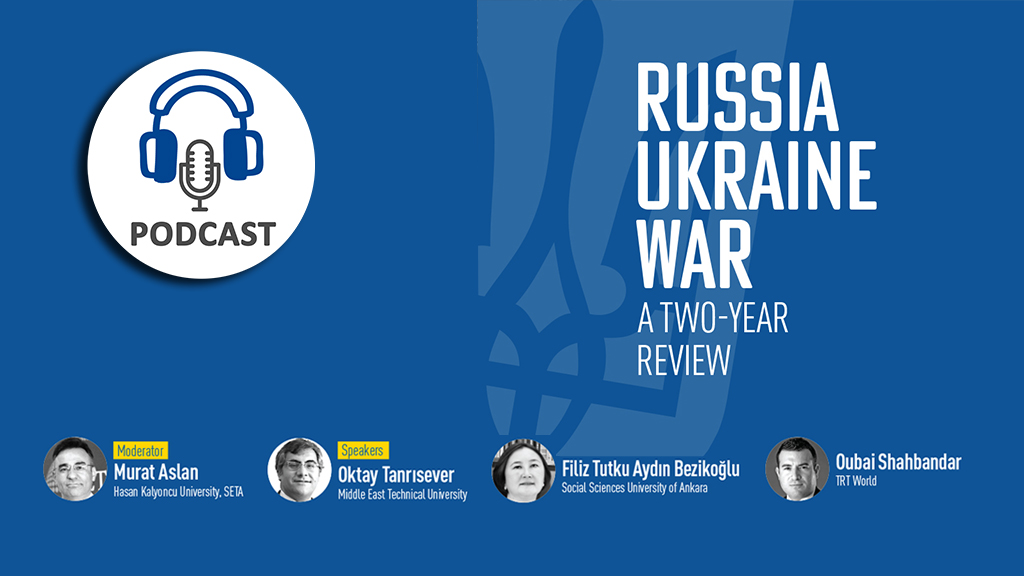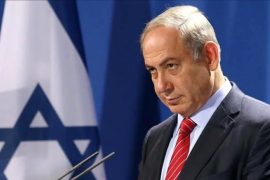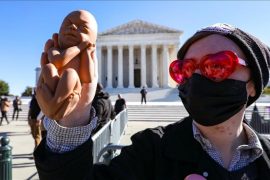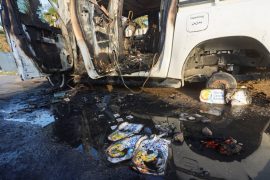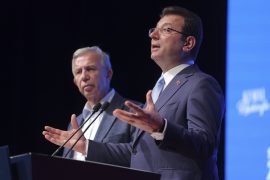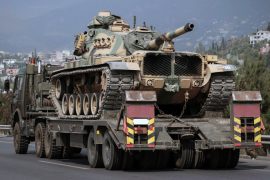Russia

Significant momentum in Turkish foreign policy
| OpinionTürkiye’s foreign policy has been gaining momentum in recent months as a series of developments …
-
Opinion
One step away from World War III
By Burhanettin DuranSpeaking for the first time after Sunday's presidential election, Russian President Vladimir Putin responded to a question about the possibility of a violent conflict between Russia and the West by describing the current situation as above. Stressing that "everything is possible in the modern world," he argued that, "It will be one step away from a full-scale third world war, but hardly anyone is interested in this." Putin had warned before the election that his country was "technically ready for nuclear war."
-
Opinion
ADF 2024: Proactive diplomacy against challenges
By Burhanettin DuranI attended the Antalya Diplomacy Forum on Friday. Bringing together politicians, diplomats, academics, journalists and think tankers from 147 countries, the event has already claimed a respectable place among the world’s leading platforms.
-
Opinion
Antalya Diplomacy Forum and Türkiye’s choice
By Kadir ÜstünOver the weekend, I had the opportunity to attend the Antalya Diplomacy Forum organized by the Ministry of Foreign Affairs. The forum addressed numerous issues concerning Türkiye's foreign policy priorities, with a particular focus on the reconstruction of the international system in an era of regional instability and global challenges. The theme of rebuilding the international system in the post-World War II era, based on 'rule-based' principles established by the United States, stood out as a central topic. However, it's evident that this system has failed to effectively address problems or maintain stability in today's world. Amidst discussions highlighting this fundamental issue, it was clear that Türkiye is seeking grounded leadership through realistic assessments of diplomacy's possibilities and limitations.
Bu Konuda Daha Fazla
-
How to exit the ‘lose-lose cycle’ in global security?
By Murat YeşiltaşToday’s world is facing rapidly changing security dynamics and increasing geopolitical competition. This competition, which has accelerated and morphed, especially with the COVID-19 pandemic, has also created a deep security crisis following Russia’s invasion of Ukraine and Israel’s attacks in Gaza.
-
Will the Navalny sanctions work?
By Kadir ÜstünThe Biden administration announced sanctions against Russia involving five hundred new entities and individuals following the death of Russian opposition leader Navalny. The news of Navalny's death (or killing) in prison, coinciding with the second anniversary of the Ukraine war, came at a time when the American Congress failed to pass a $60 billion aid package for Ukraine. President Biden met with Navalny's wife and daughter and harshly criticized Russian President Putin for Navalny's death. Biden had previously threatened repercussions if anything happened to Navalny. While Biden's decision to refrain from seizing Russia's $300 billion in Western banks suggests he's not ready for a full-scale confrontation with Putin, his announcement of new sanctions indicates a path of accountability.
-
World with no system, norms or hegemon
By Muhittin AtamanThe current international system, which was already quite vulnerable, has totally collapsed after Israel's genocidal policies and the unconditional support of Western governments for the ongoing genocide committed by Israel. Despite the intensifying global rivalry, there was still some hope for the consolidation of the norms-based international system. At least, many states have declared their determination to take effective measures against the rising unconventional global threats such as climate change, environmental problems, irregular and illegal migration, food and water shortage, drought, failed states, cyber threats and violent nonstate actors.
-
World at stake: Dynamics on second anniversary of Russia-Ukraine...
By Burhanettin DuranThe world was not in good shape on the second anniversary of the Russian-Ukrainian war. A quick look at the most recent developments alone would suffice to appreciate that we are entering a period of fragmentation and high risks.
-
